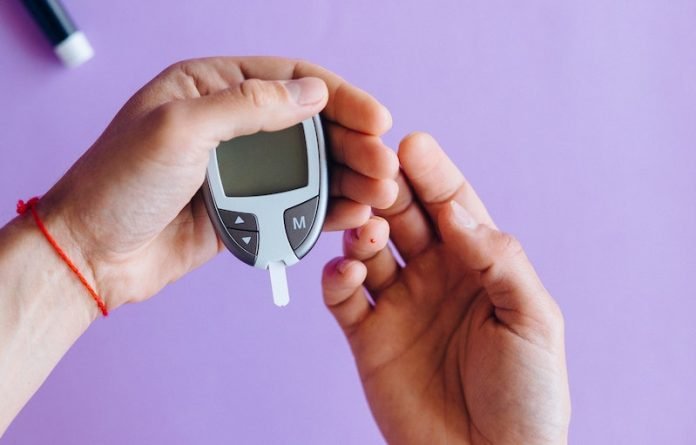
Researchers from BGSB University in Rajouri, India have discovered that artificial intelligence (AI) can help predict the onset of diabetes mellitus.
Millions of people worldwide are affected by this complex metabolic condition, which is often associated with high blood sugar concentration over a prolonged period of time.
Diabetes can cause serious organ damage and can even lead to death if left untreated.
There are three forms of diabetes mellitus.
Type 1 diabetes, also known as insulin-dependent diabetes, is an autoimmune dysfunction where the pancreas does not produce enough insulin to control blood sugar. It usually develops in childhood or adolescence.
Type 2 diabetes, also known as non-insulin-dependent diabetes, begins with insulin resistance and often leads to insufficient insulin.
It can affect almost anyone at almost any age, but it is most commonly associated with obesity.
Gestational diabetes is the third form, which affects women during pregnancy, causing hyperglycemia.
There is also a fourth condition called pre-diabetes, which is a precursor to type 2 diabetes, where genetics, hormonal dysfunction, or exposure to certain exogenous chemicals or other factors ultimately lead to an increase in insulin production.
The team of researchers trained several algorithms with relevant data associated with diabetes risk, and they found that one of them, the gradient-boosting classifier, outperformed all others.
When tested against known cases, the classifier showed a prediction accuracy of more than 92%.
By using these algorithms, AI can help diagnose diabetes earlier, potentially preventing serious health issues in the long run.
The researchers believe that their findings could help improve patient care by allowing doctors to predict the onset of diabetes in their patients, leading to earlier intervention and treatment.
The study also highlights the potential of AI in healthcare, where it can be used to analyze large datasets, identify patterns, and make predictions.
However, it is important to note that AI is not a substitute for human expertise and should always be used in conjunction with a trained medical professional.
AI tools can supplement clinical decision-making, but they cannot replace the skills and knowledge of a physician or healthcare provider.
If you care about diabetes, please read studies about how to protect your kidneys from diabetes, and drinking coffee could help reduce risk of kidney injury.
For more information about diabetes, please see recent studies about Vitamin D that may reduce dangerous complications in diabetes and results showing plant-based protein foods may help reverse diabetes.
The study was conducted by Shahid Mohammad Ganie et al and published in the International Journal of Business Intelligence and Systems Engineering.
Copyright © 2023 Knowridge Science Report. All rights reserved.



